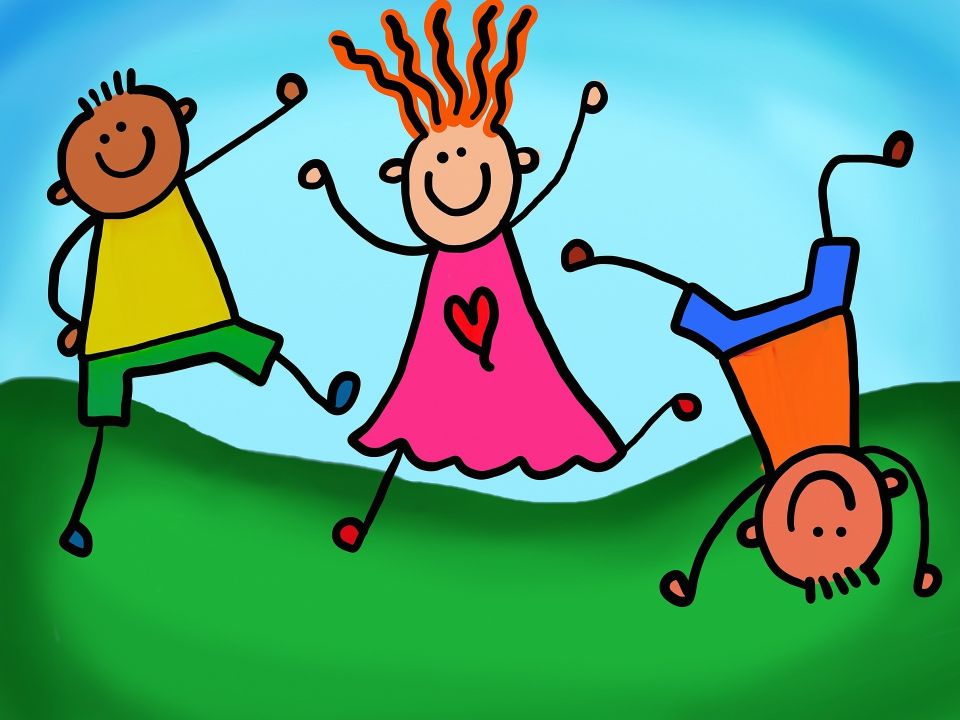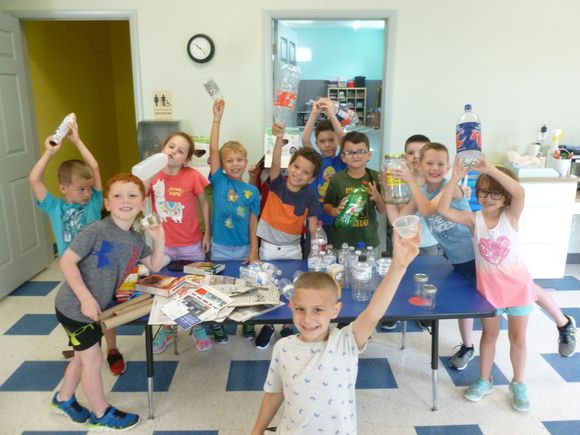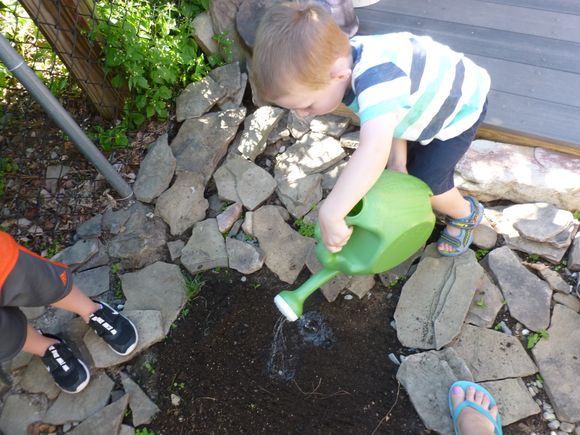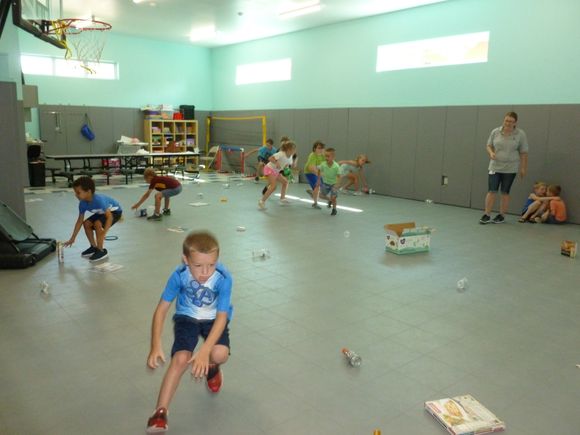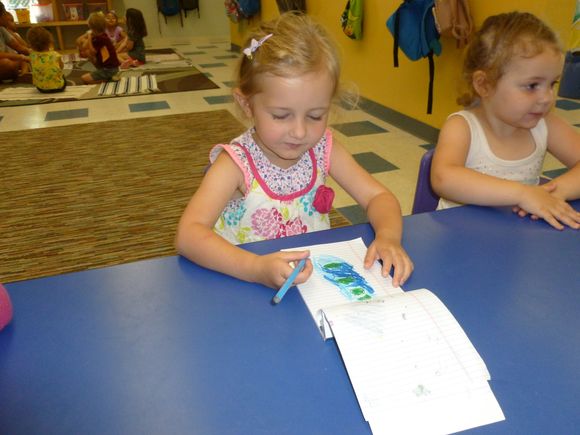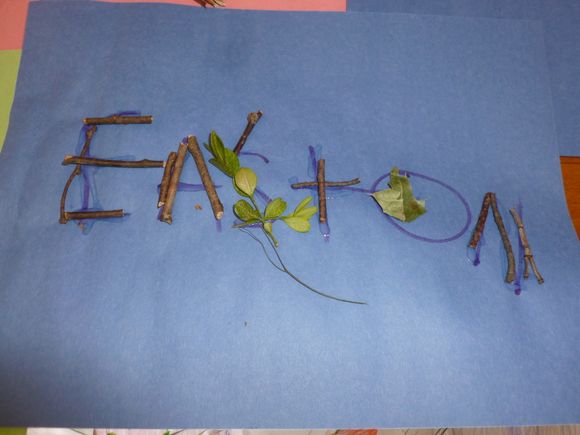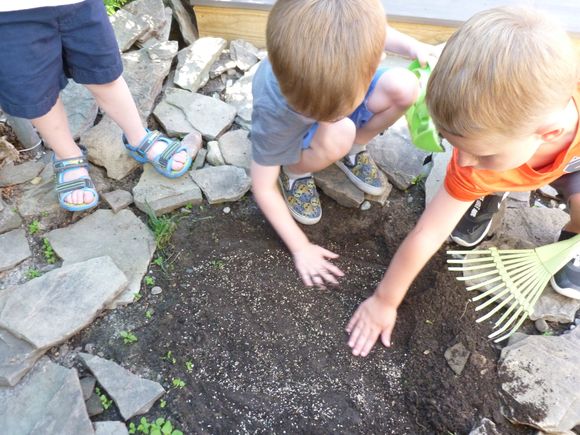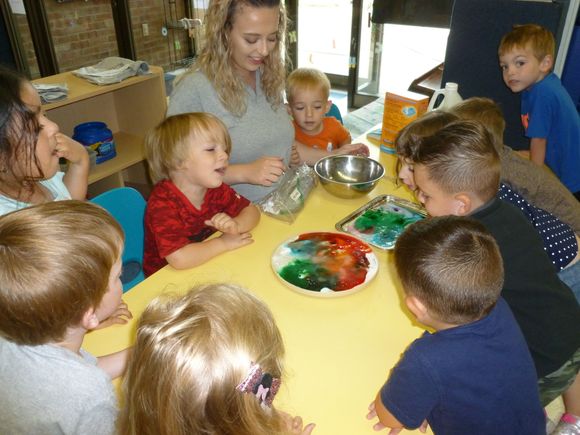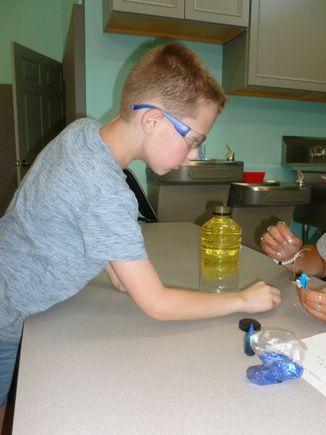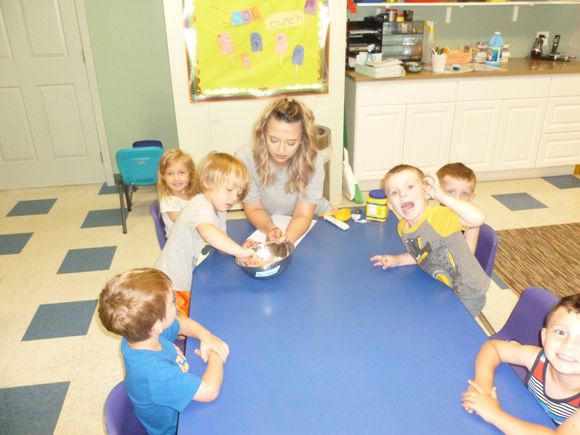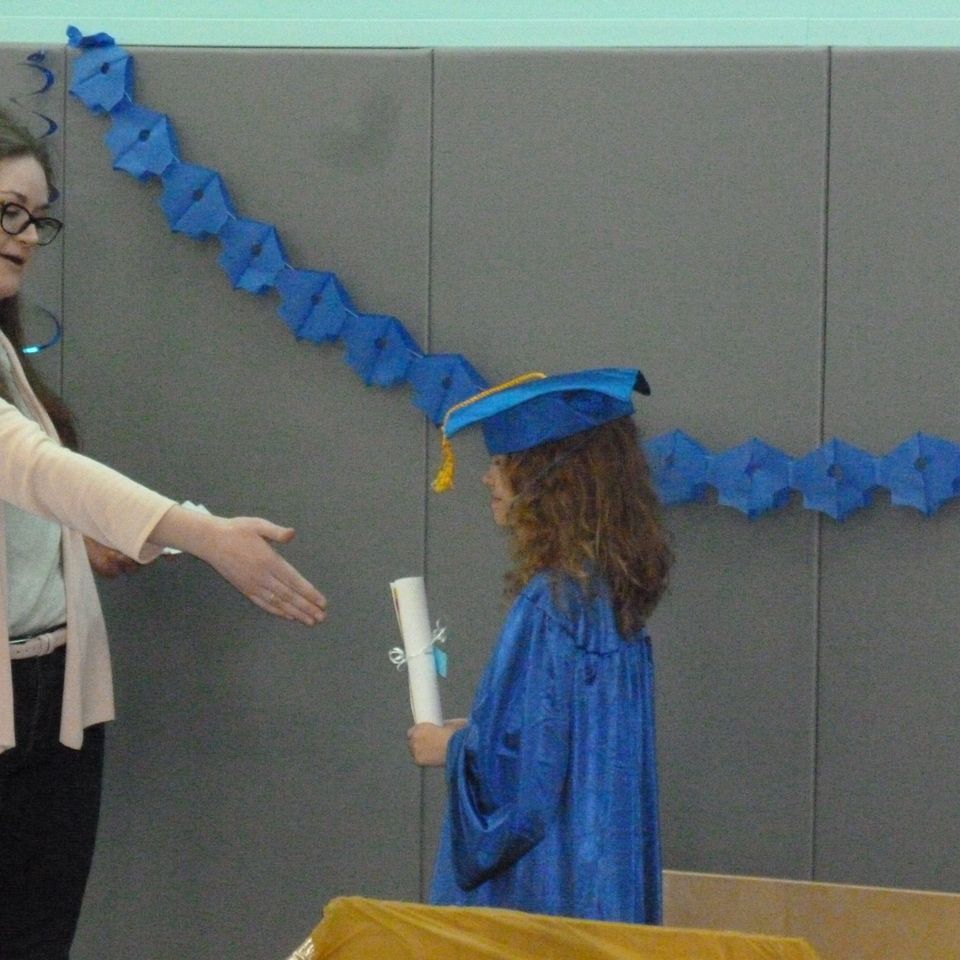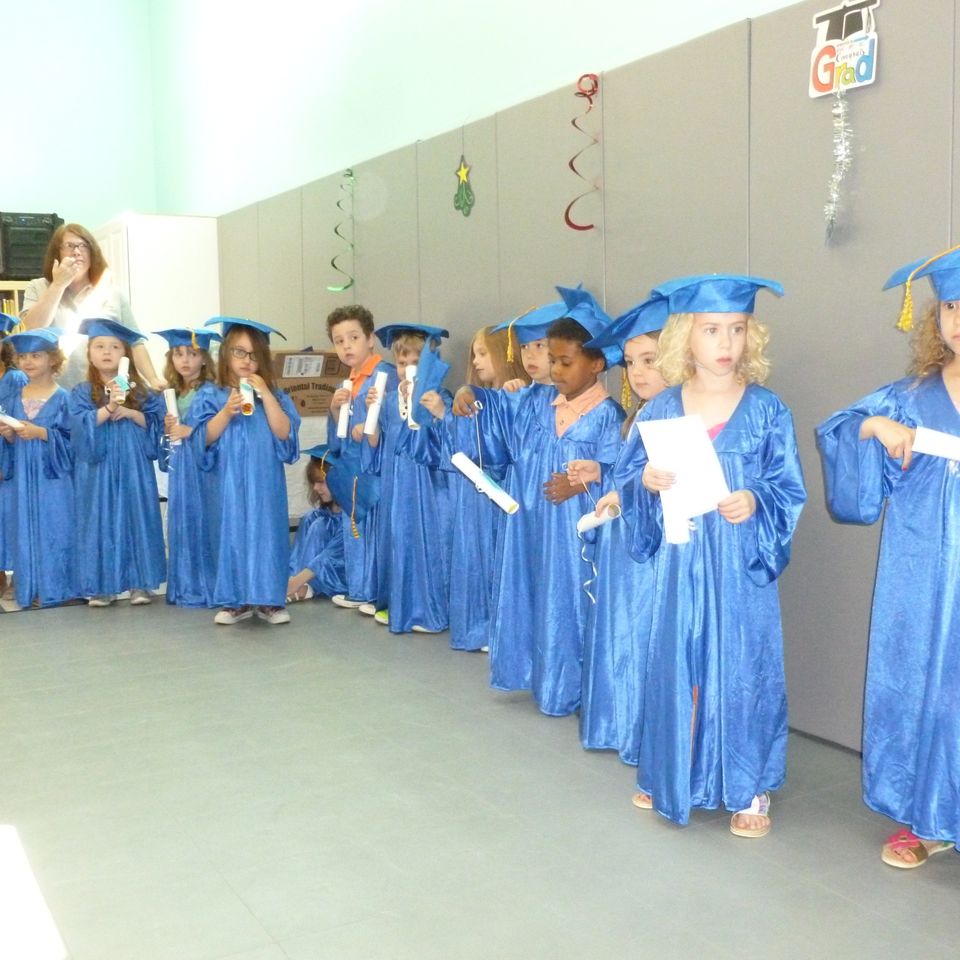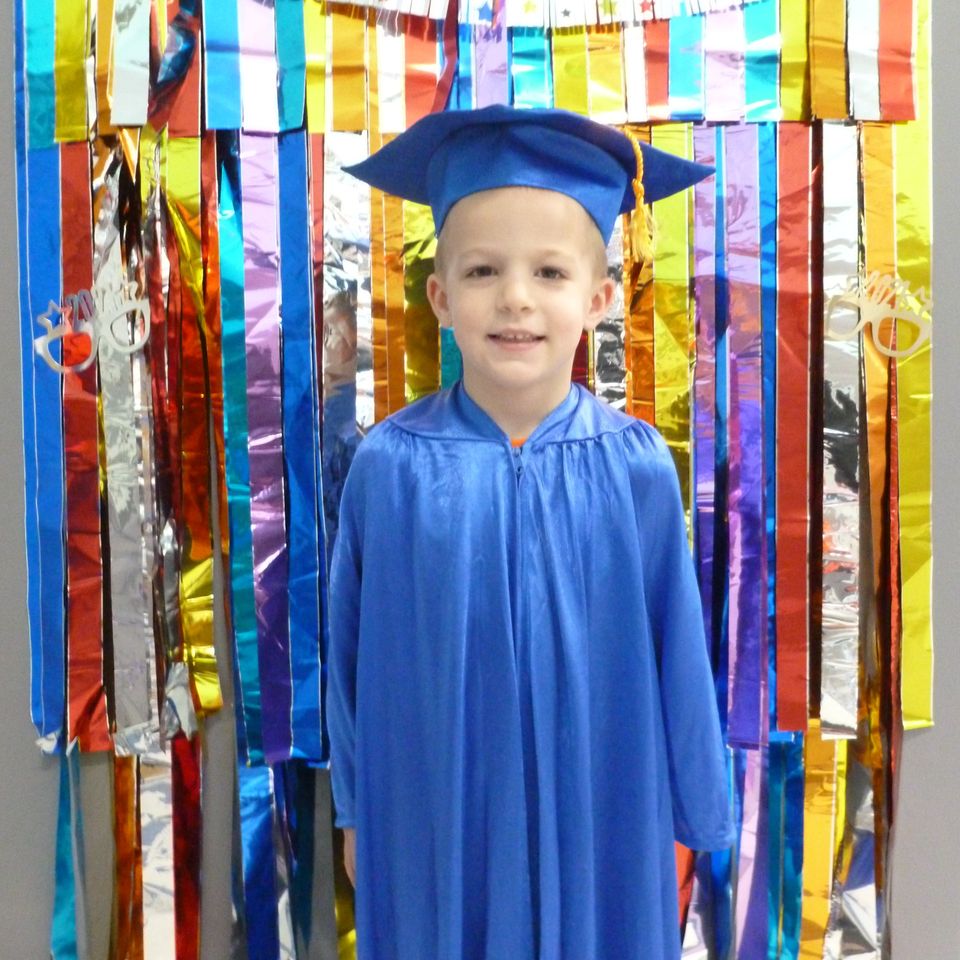Montessori Days Jan 13th-Jan 31st
Earth's Timeline (Jan 13th-17th)
Our Earth's timeline
Pangea
Paleozoic, Mesozoic, Cenozoic, and Eras
-Plant Life and Animal Life of each era
The dinosaurs
Ancient Egypt (Jan 20th-24th)
All about Ancient Egypt
-Inventions, Technology, and Architecture
-Pharaohs and Rulers
_Mythology, etc.
South America (Jan 27th-
Jan 31st)
Countries
The Amazon Rainforest
The Andes Mountains
Important Dates/Holidays
Monday, January 20th- Martin Luther King Jr. Day
Our Earth's timeline
Pangea
Paleozoic, Mesozoic, Cenozoic, and Eras
-Plant Life and Animal Life of each era
The dinosaurs
Ancient Egypt (Jan 20th-24th)
All about Ancient Egypt
-Inventions, Technology, and Architecture
-Pharaohs and Rulers
_Mythology, etc.
South America (Jan 27th-
Jan 31st)
Countries
The Amazon Rainforest
The Andes Mountains
Important Dates/Holidays
Monday, January 20th- Martin Luther King Jr. Day

